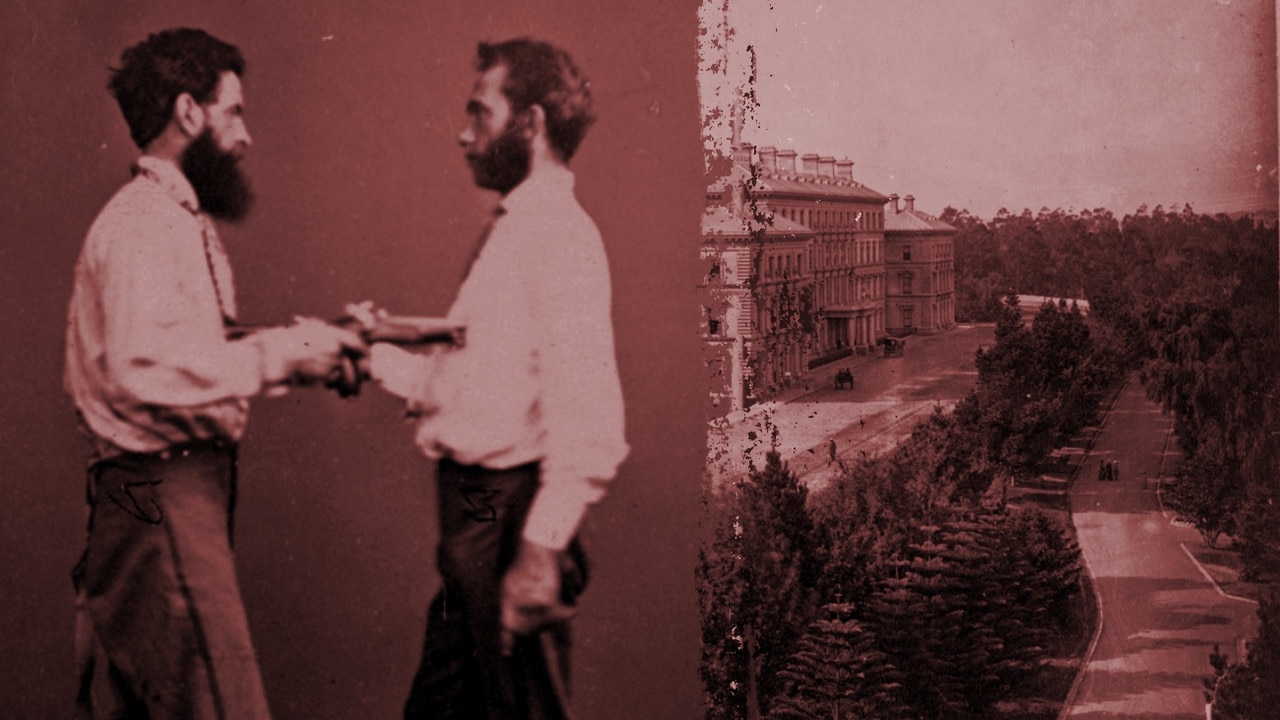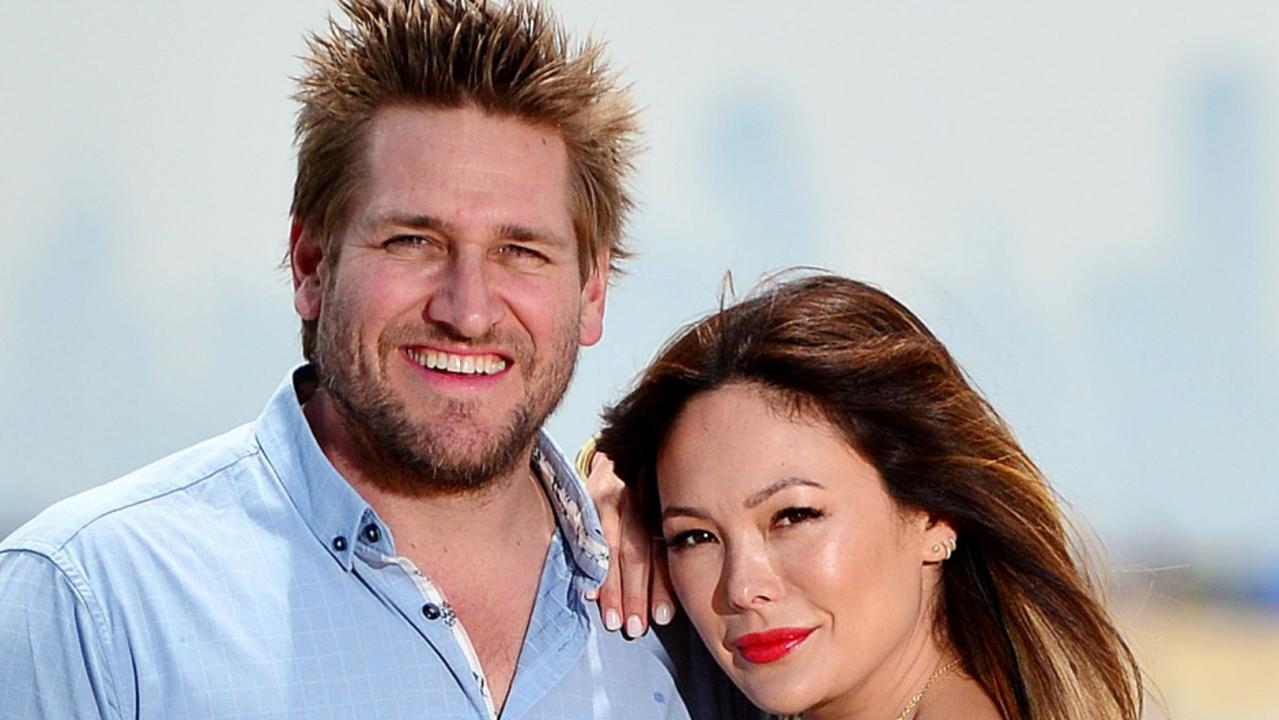Mega band Queen’s rocky relationship with Melbourne
BOOED off stage at Sunbury according to folklore, forced to play at tiny venues and compromise on lighting, mega band Queen had a patchy relationship with Australia.

Melbourne
Don't miss out on the headlines from Melbourne . Followed categories will be added to My News.
FREDDIE Mercury, before he was one of the most famous musicians in the world, took to the stage at Sunbury in 1974.
Accounts about what happened there vary; popular belief has it Queen was booed off the stage, and Freddie took to the microphone to declare he would never return to Australia until Queen was the biggest band in the world.
Others say it was the announcer who stuffed up the running list, or that it started to rain and they had to leave the stage.
MORE MELBOURNE: 100 YEARS OF LUNA PARK
Many can’t remember it clearly because they were drunk.
Peter Hince, a roadie and photography on staff with the band in the 70s and 80s, heard about the incident second hand, but believed the fresh-face Queen had “rubbed people up the wrong way”.
“There were bands on in Sunbury that people knew,” he said.
“Not very many people knew Queen. They were a support act and they were demeaned a lot.”
Either way, Queen’s first trip to Australia was less than ideal. And when they returned they were indeed the biggest band in the world.

But things didn’t work out down under as Freddie Mercury had planned.
When the band came to Australia for their major Night at the Opera tour in 1976, the reception from fans was phenomenal, but peripheral power plays and disagreements with venue operators proved thorns in Mercury’s side.
Hince recalled: “We arrived in Perth, we did Perth, Adelaide, Melbourne, Sydney, and the reception was really good.
“I remember getting to Festival Hall in Melbourne, and the band was very well received. Queen was huge in Australia and that really showed.
“But this was the final leg of an enormous tour, and, you can imagine, the band were just exhausted.”
The Festival Hall shows on April 19 and 20 made up the second last stop on a five-month schedule.

“The Night at the Opera tour was very long. It started in the UK in November,” said Hince.
“Then, at Christmas time you set off overseas, you’re working all the time, playing almost every night, and you don’t get home until May.”
Australia — the final destination on the tour list — had the most basic venues of any other destination. The band had been through the UK, US and Japan, and when they got to Adelaide tension started to show.
“Adelaide was pretty basic. It was like a basketball hall. There were compromises on the lighting — there had to be.”
Disagreements sprang up about whose equipment to use, venue safety and stage organisation.
“The facilities just weren’t there in Australia.
“In Sydney we were driving to the Hordern Pavilion and the car ran out of petrol. It was things like that.

“Then in Melbourne Freddie was stopped and searched at the airport. He really didn’t like that.”
Australia was left off the schedule for subsequent Queen tours until 1985, partly because the market was small compared to the US and UK, and partly because a new management direction saw the band pursue money in South America.
“Australia somehow was left off the agenda,” Hince said.
“We were hearing stuff from other bands saying it was a great place to be. But there was a decision in 1981 to go after new territories.”
A breakdown with manager John Reid, who had also managed Elton John, saw Queen attempt to manage themselves.
The 1981 The Game Tour took the band through the US, Canada, Europe, Japan and ended with an aggressive push into South America.

The Buenos Aires show pulled the biggest crowd in Argentina’s history with almost 300,000 concertgoers. Despite that, the tour was not a big financial success and the band decided to return to professional management.
Queen finally returned in April 1985 for The Works Tour, six years before Mercury’s death, and played four shows each in Melbourne and Sydney.
Australia left an impression on Reid, who later moved to Australia and featured as a judge on reality TV show The X-Factor.
Peter Hince’s book Queen Unseen: My Life with the Greatest Rock Band of the 20th Century is was published in 2011.


